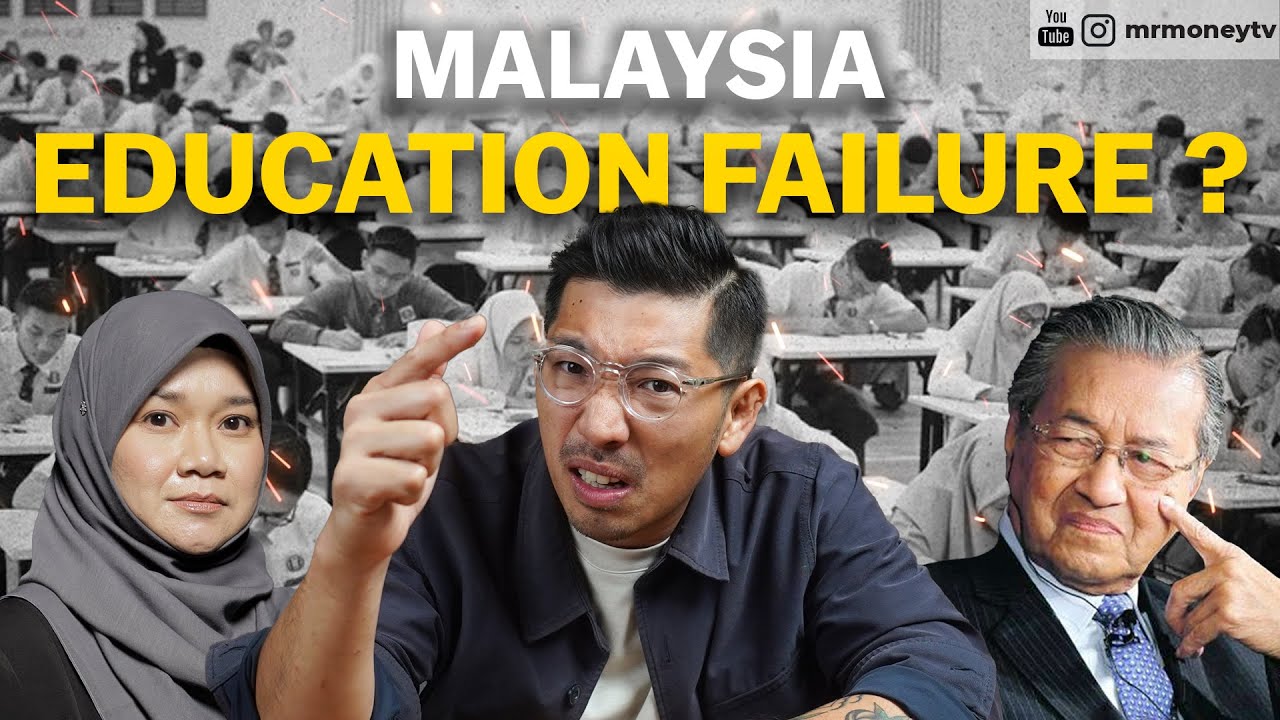PROF ED 5: CHAPTER 6 | Camille Kirong
Summary
TLDRThis educational video discusses the importance of teacher quality and how it impacts student outcomes. It covers the definition of a quality teacher, the competency framework for teachers in Southeast Asia, the Philippine Qualification Framework, and the Philippine Professional Standards for Teachers. The video also highlights the challenges in attracting top talent to the teaching profession and the need for standards to advance teaching as a profession.
Takeaways
- 📚 The chapter focuses on teacher quality through competency frameworks and standards to improve education.
- 🏫 Teacher quality is one of the most crucial factors influencing student achievement and outcomes.
- 🌍 The 21st-century skills framework includes global awareness, financial literacy, and civic responsibility.
- 🧑🏫 A quality teacher in the 21st century is defined by critical thinking, collaboration, creativity, and problem-solving skills.
- 💻 Teachers should be equipped with information, media, and technology literacy to help students navigate today's knowledge explosion.
- 🎓 The Southeast Asia Teachers Competency Framework (2017) was designed to revitalize teaching and promote it as a first-choice profession.
- 👨👩👦 Teachers must engage with students, parents, and the community to enhance student learning.
- 🎯 The Philippine Professional Standards for Teachers outline seven domains, including content knowledge, pedagogy, and professional growth.
- 🌍 Teacher standards vary globally but aim to improve classroom management, instructional delivery, and professional responsibilities.
- 🔄 Continuous professional development is key for teachers to adapt and meet evolving educational demands.
Q & A
What is the main focus of Chapter 6 in the discussion?
-Chapter 6 focuses on ensuring teacher quality through competency frameworks and standards. It discusses how teachers can acquire qualities necessary for success in the teaching profession.
Why is teacher quality considered important in the context of education?
-Teacher quality is essential because it is one of the most important school-related factors influencing student achievement and outcomes. Teachers directly impact students' learning, thinking, and behavior.
What are some of the challenges faced in ensuring teacher quality?
-One of the main challenges in ensuring teacher quality is the attractiveness of the teaching profession. Teaching does not always attract the best candidates, which is a concern in many countries.
What are the three clusters of 21st-century skills according to the framework mentioned in the script?
-The three clusters of 21st-century skills are: 1) Learning and innovation skills (critical thinking, communication, collaboration, creativity), 2) Information, media, and technology skills (information literacy, media literacy, ICT skills), and 3) Life and career skills (adaptability and preparedness for changing roles).
How is teacher quality defined in different countries?
-Teacher quality is defined differently across countries. In the U.S., it has shifted from being about credentials to focusing on what students know and can do. Other countries, like those in the OECD, emphasize planning, preparation, and professional responsibilities.
What is the purpose of the Competency Framework for Teachers in Southeast Asia?
-The Competency Framework for Teachers in Southeast Asia, developed in 2017, aims to revitalize teacher education, promote teaching as a profession of first choice, and guide teachers in their pre-service and in-service development using essential competencies.
What are the four essential competencies for teachers mentioned in the Competency Framework for Teachers in Southeast Asia?
-The four essential competencies are: 1) Knowing and understanding what to teach, 2) Helping students learn, 3) Engaging in the community, and 4) Becoming a better teacher every day.
What is the Philippine Qualification Framework (PQF), and why is it important?
-The Philippine Qualification Framework (PQF) is a national policy that describes the levels of educational qualifications and sets standards for qualification outcomes. It ensures that learners, workers, and professionals are recognized based on their knowledge, skills, and values.
Why is it important for teachers to know the professional standards in their practice?
-It is important because standards set clear and measurable goals, guiding teachers in what they need to know, value, and do in their practice. This ensures consistency and helps improve teaching quality.
What are the seven domains of the Philippine Professional Standards for Teachers?
-The seven domains are: 1) Content knowledge and pedagogy, 2) Learning environment, 3) Diversity of learners, 4) Curriculum and planning, 5) Assessment and reporting, 6) Community linkages and professional engagement, and 7) Personal growth and professional development.
Outlines

This section is available to paid users only. Please upgrade to access this part.
Upgrade NowMindmap

This section is available to paid users only. Please upgrade to access this part.
Upgrade NowKeywords

This section is available to paid users only. Please upgrade to access this part.
Upgrade NowHighlights

This section is available to paid users only. Please upgrade to access this part.
Upgrade NowTranscripts

This section is available to paid users only. Please upgrade to access this part.
Upgrade Now5.0 / 5 (0 votes)





